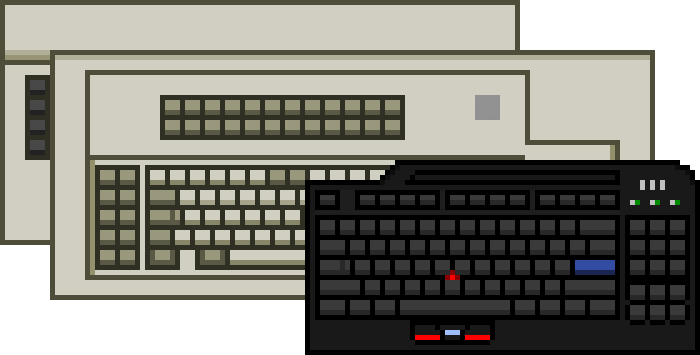P/N 6019312 - Model F Keyboard Details & Specs
Provided by the ASK Keyboard Part Number Database
IBM 4704 Model 100 Functional Keypad
| Type | Model F 4704 Model 100 Functional Keypad (472X-100 type Model F) |
|---|---|
| Nickname | F50 |
| Known host systems | IBM 4704 Model 1 Display Terminal (IBM 4700 family) IBM 4704 Model 1 Enhanced Display Terminal (IBM 4700 family) IBM 4704 Model 2 Display Terminal (IBM 4700 family) IBM 4704 Model 3 Display Terminal (IBM 4700 family) |
| OEMs or ODMs | IBM |
| Keyswitches | IBM capacitive buckling springs |
| Earliest appearance | |
| Original keycaps | PBT with dye-sublimated legends |
| Cover colour | Pearl White |
| Branding | None |
| Protocol | IBM 4704-specific serial |
| Connection | Grey straightened-style fixed DE-9 cable |
| Number of keys | 50 |
| Form factor | 50% matrix |
| Layout & language | German |
| Accessories & other features | Internal speaker |
| Additional notes | Has die-cast zinc casing |
| Sources | Web: https:/ |
| Related Directory entries | IBM 4704 Display Station Model 100 Function Keyboard (aka "Model F50") |
| Data last updated |

